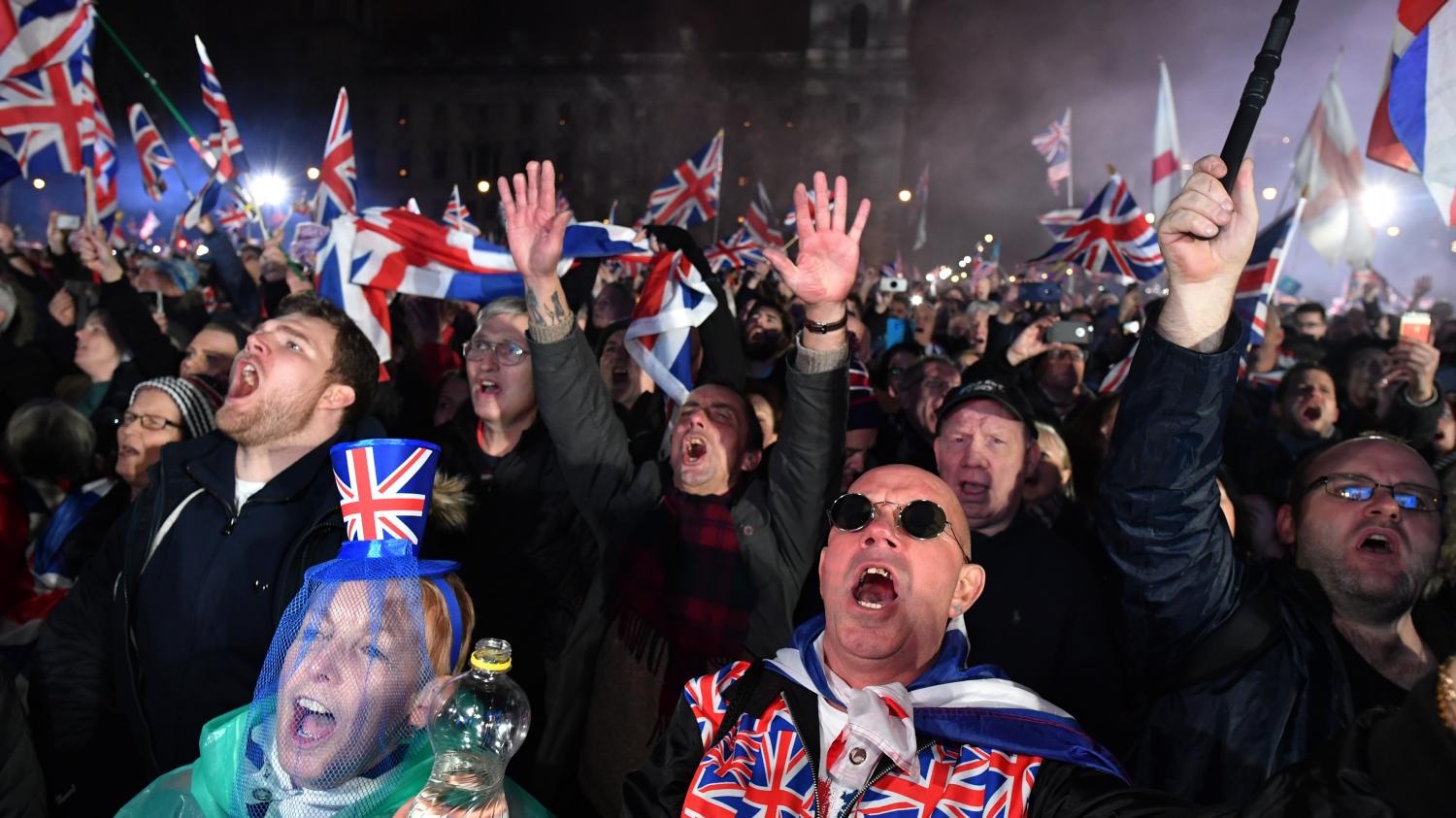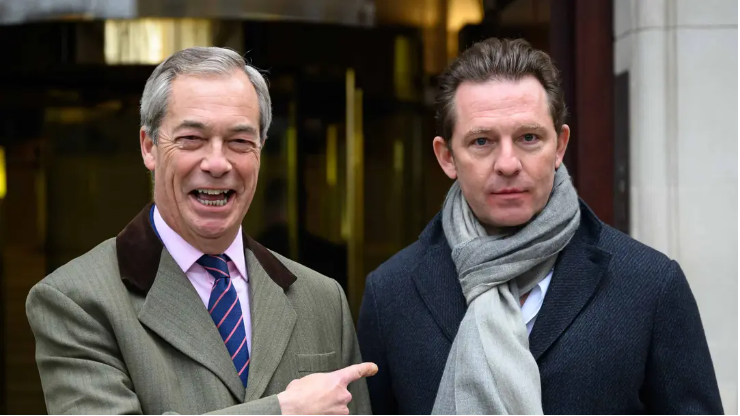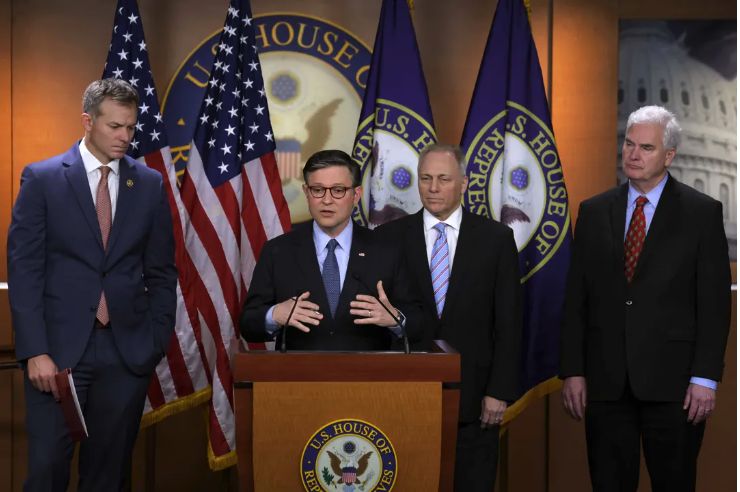BOE: Brexit Has Cost UK Economy $29B in Lost Investment
Bank of England (BoE) policy maker Jonathan Haskel said Monday that Brexit has cost the UK £29B ($35B US) — or £1K per household — in lost investment. The assessment came in an interview about Britain's position as an "extreme outlier" in terms of productivity.

Facts
- Bank of England (BoE) policy maker Jonathan Haskel said Monday that Brexit has cost the UK £29B ($35B US) — or £1K per household — in lost investment. The assessment came in an interview about Britain's position as an "extreme outlier" in terms of productivity.
- The external member of the Monetary Policy Committee (MPC) said that investment had been "stopped in its tracks" by the 2016 vote, resulting in a "productivity penalty" that has significantly affected the UK in comparison with remaining EU nations.
- Haskell conceded that part of the slowdown in productivity is due to the UK's "large financial sector," but highlighted that there was still a "big boom" in investment "between 2012-ish to 2016," followed by a significant plateau.
- UK-based publication The Observer has noted that reports concerning the loss — which equates to about 1.3% of GDP — is timely, as it comes amid revelations that a cross-party summit has been held in the UK to address the shortcomings of Brexit.
- The BoE is currently facing rampant inflation and has raised interest rates ten consecutive times since late 2021, reaching 4% this February. Haskel has been more hawkish than some of his colleagues on the MPC, having stated last week that the bank should "guard very vigilantly against really bad outcomes."
- He also noted that the UK faces a significant rise in the number of "inactive" people in the labor market, with a greater rise in inactivity levels only having been recorded in Colombia, Chile, Switzerland, and Iceland.
Sources: Yahoo, Bloomberg, Independent, Guardian, Times, and Evening Standard.
Narratives
- Left narrative, as provided by New Statesman. Everyone knew Brexit would be a disaster — this is only the latest account to prove it. PM Rishi Sunak should show the same humility and courage as conservative MP and Brexiteer Michael Gove who, despite his hardline support for the UK's exit from the EU, attended the recent meeting to assess Brexit's failures. As the UK economy shrinks and the Northern Ireland trade war worsens, it's central to the national interest that the PM compromises with the EU, even if it means defying his pro-Brexit allies in the process.
- Right narrative, as provided by Spectator. Haskel's economic commentary is simply an interpretation of the data motivated by political agenda. The modeling relies on a prediction of what the economy would have looked like had the UK not left the EU, meaning it's built on a foundation of supposition that undermines its conclusions. Haskel has also failed to factor the recession of 2007-2010 into his analysis, or the effect of the pandemic. This modeling lives solely in Haskel's biased mind, and Britons shouldn't believe that they'd all have an extra £1K to spend if they hadn't left the EU.
- Cynical narrative, as provided by Telegraph. British politicians need to stop kicking Brexit around like a political football. The majority supported leaving the EU not due to the economic arguments, but because they believed it would reinvigorate the UK's democracy. In order to establish Britain as a nation free from the EU's tight grip, politicians must turn away from partisanship and ask more seminal questions concerning the reconciliation of alleviating poverty while incentivizing self-improvement. The upholding of national sovereignty is at stake and Westminster must do more to achieve this goal.






